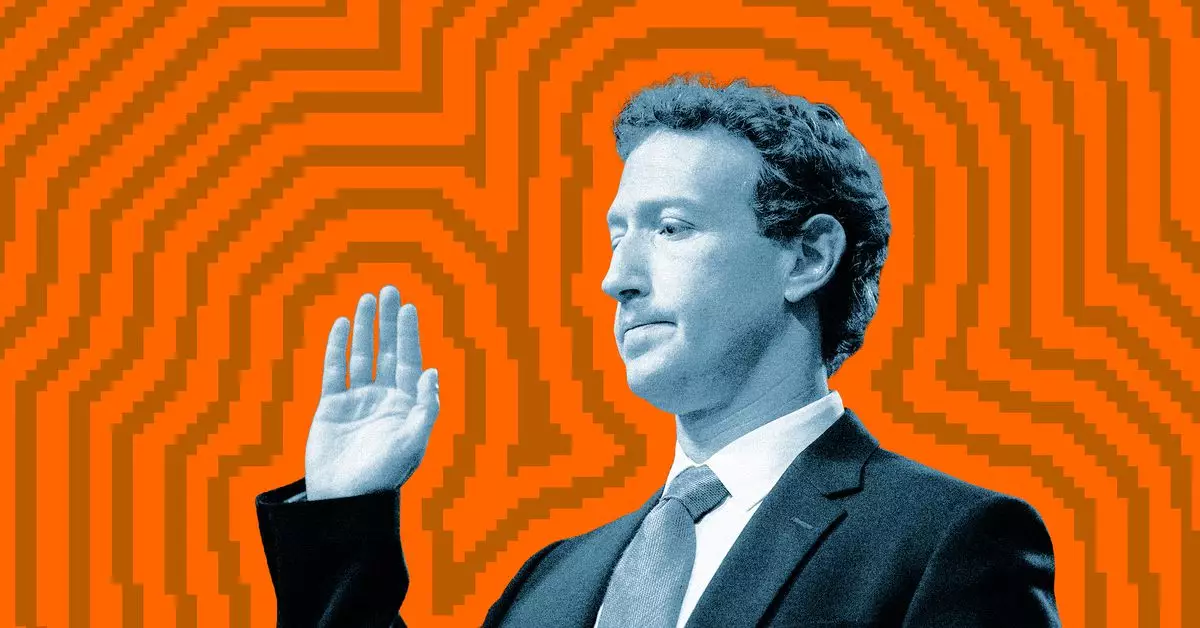In an intriguing turn of events, Meta’s CEO Mark Zuckerberg was recently seen dining with President-elect Donald Trump at Mar-a-Lago. This high-profile meeting has led to a flurry of speculation regarding its implications for the technological landscape and, more importantly, for the future of American innovation. As public figures with significant influence over their respective sectors, Zuckerberg and Trump’s interactions could have far-reaching consequences.
Examining the Context
The backdrop against which this dinner occurred is characterized by heightened tensions surrounding the role of technology in politics. Zuckerberg has faced criticism for Facebook’s engagement throughout the 2020 presidential race, with many arguing that the platform contributed to misinformation and divisive narratives. Notably, Meta spokesperson Andy Stone referred to this moment as critical for the trajectory of American innovation, hinting at a desire to unify efforts between the tech sector and political leaders.
This particular dinner may symbolize a shift in the tech industry’s relationship with political powers, as Zuckerberg’s outreach to Trump marks a willingness to foster dialogue. Such engagements could lead to collaborative efforts that redefine regulations or initiatives, shaping the future climate of technology in governance.
The stakes appear to be exceptionally high, given that Zuckerberg’s actions and statements have drawn sharp scrutiny from various quarters. Some critics have argued that his contributions and decisions during the election cycle should warrant legal repercussions. In an evolving scene where social media platforms hold tremendous sway over public opinion, Zuckerberg’s involvement and his company’s practices continue to be scrutinized. This situation raises serious questions about accountability in tech leadership and the overarching implications for democracy itself.
The dinner’s timing is essential; with growing conversations about the power of social media platforms, Zuckerberg’s attempt to engage with Trump could be viewed as an attempt at reconciling with a political figure whose administration had a tumultuous relationship with tech giants. Building bridges could facilitate a more collaborative approach to future regulations and policies governing social media’s role in public discourse.
This meeting between two influential figures suggests a potential allyship amidst a charged political atmosphere. It invites many to ponder: what will emerge from such interactions? While it is easy to view this partnership skeptically, the reality is that the collaboration between tech and political spheres is both inevitable and necessary.
For the future, understanding how such relationships evolve will be critical. Can technology leaders work alongside politicians to foster a landscape that encourages innovation while upholding ethical practices? Or will these alliances lead to compromises that erode the very principles of fair competition and transparent governance? Observers will undoubtedly remain vigilant in watching how this dining tête-à-tête translates into concrete actions and policies in the coming months.
The intersection of technology and politics is complex, layered, and full of potential ramifications. Mark Zuckerberg’s dinner with Donald Trump could be a harbinger of new alliances, raising questions that might influence both the tech industry and political landscape for years to come.

